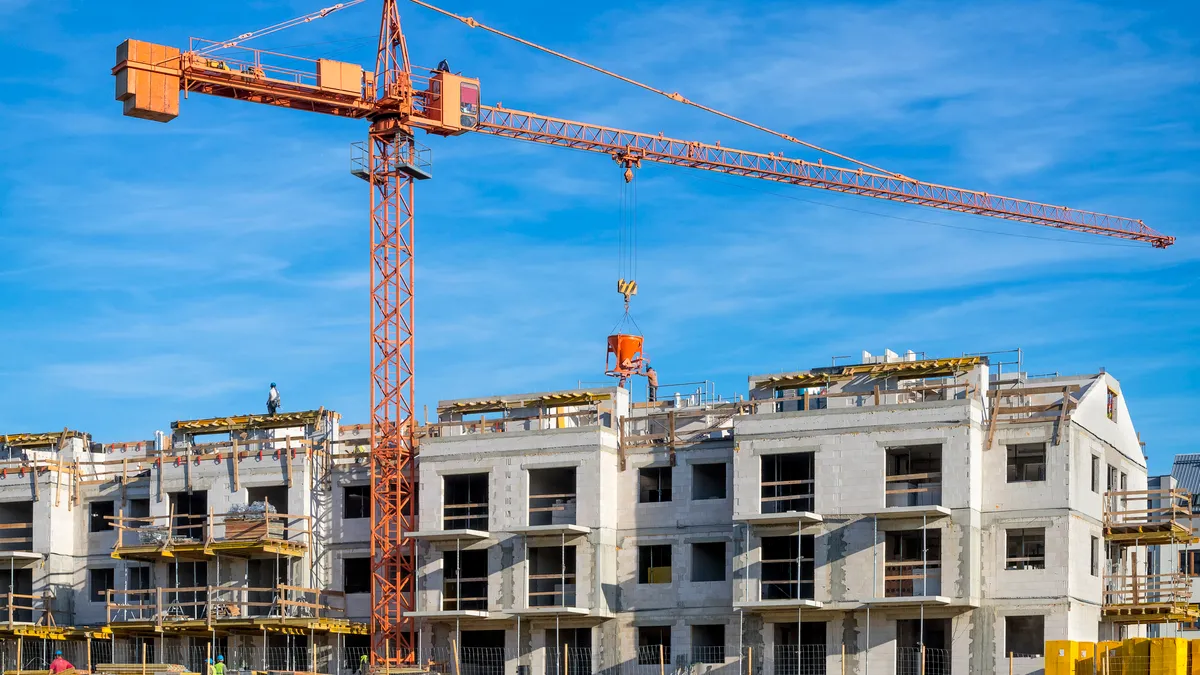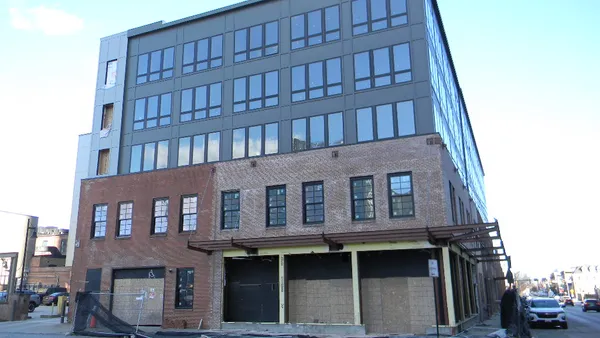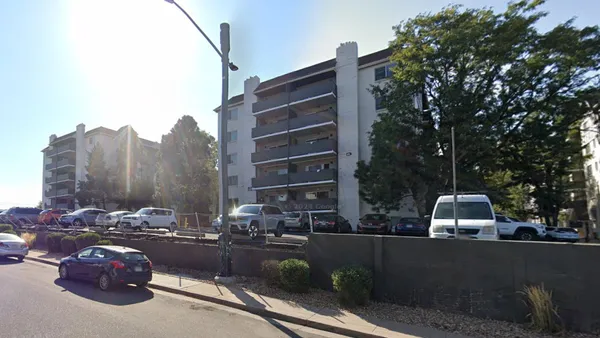Dive Brief:
- Bipartisan majorities of the public support zoning policies that aim to increase housing supply and affordability, according to survey results released by The Pew Charitable Trusts on Nov. 30.
- The 10 policies measured saw varying levels of support. For example, 86% of respondents favor speeding up permitting processes, while about half support allowing smaller lots with closer-together homes.
- Feedback on housing policies is often gathered in nonscientific ways, such as through public meetings and constituent feedback, Alex Horowitz, project director of Pew’s Housing Policy Initiative, said on a press call. These methods may overrepresent the perspectives of those with more negative attitudes about allowing more housing, some research shows.
Dive Insight:
The U.S. is seeing a “severe shortage of homes,” Horowitz said on the press call. “Depending on adjustments that we are using, we are talking about 4 to 7 million homes that the U.S. is short,” he said. “The shortage has resulted in fast-rising rents. We’re at the point where half of renters are spending 30% or more of their income on rent. That’s an all-time high.”
Adding more housing has proven to stymie rent growth and, in some cases, reduce homelessness, Horowitz said. Cities and states are increasingly considering zoning changes to spur housing development, particularly less expensive options such as apartments.
Pew’s survey was conducted over 10 days in September, using a nationally representative sample of 5,051 adults provided by market research company Ipsos. The most popular policies would mean small or no changes for residential blocks with single-family homes, Pew says. Instead, the zoning changes would mostly add housing in commercial areas.
While support for such policies cuts across political party lines, Republicans cited different reasons for their support than Democrats. About half of Republicans, compared with 81% of Democrats, said reducing racial segregation was an excellent or good reason to implement policies that create more housing. Slightly more Republicans than Democrats — 68% versus 62% — cited freedom for property owners as an excellent or good reason for such zoning changes.
A large majority of Democrats, Republicans and independents, however, views housing affordability and allowing people to live near jobs and schools as excellent or good reasons for zoning changes.
“The survey results indicate that people with different political views can come together to support policies to end the housing shortage and affordability crisis for different reasons,” Horowitz and Housing Policy Initiative Senior Officer Tushar Kansal wrote in a summary of the survey findings.












